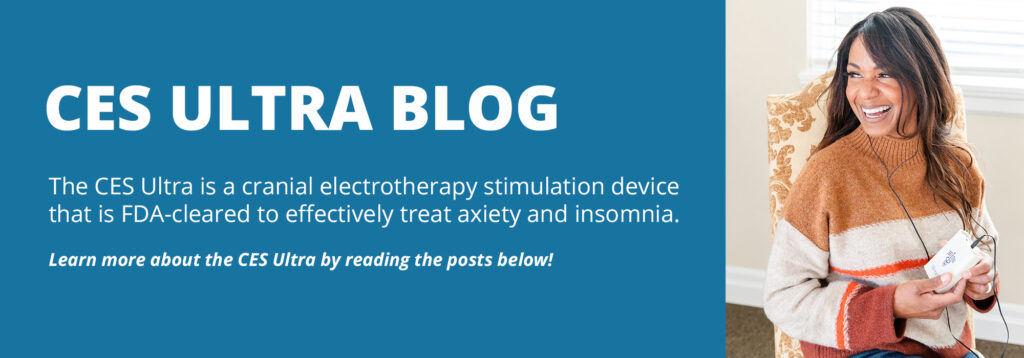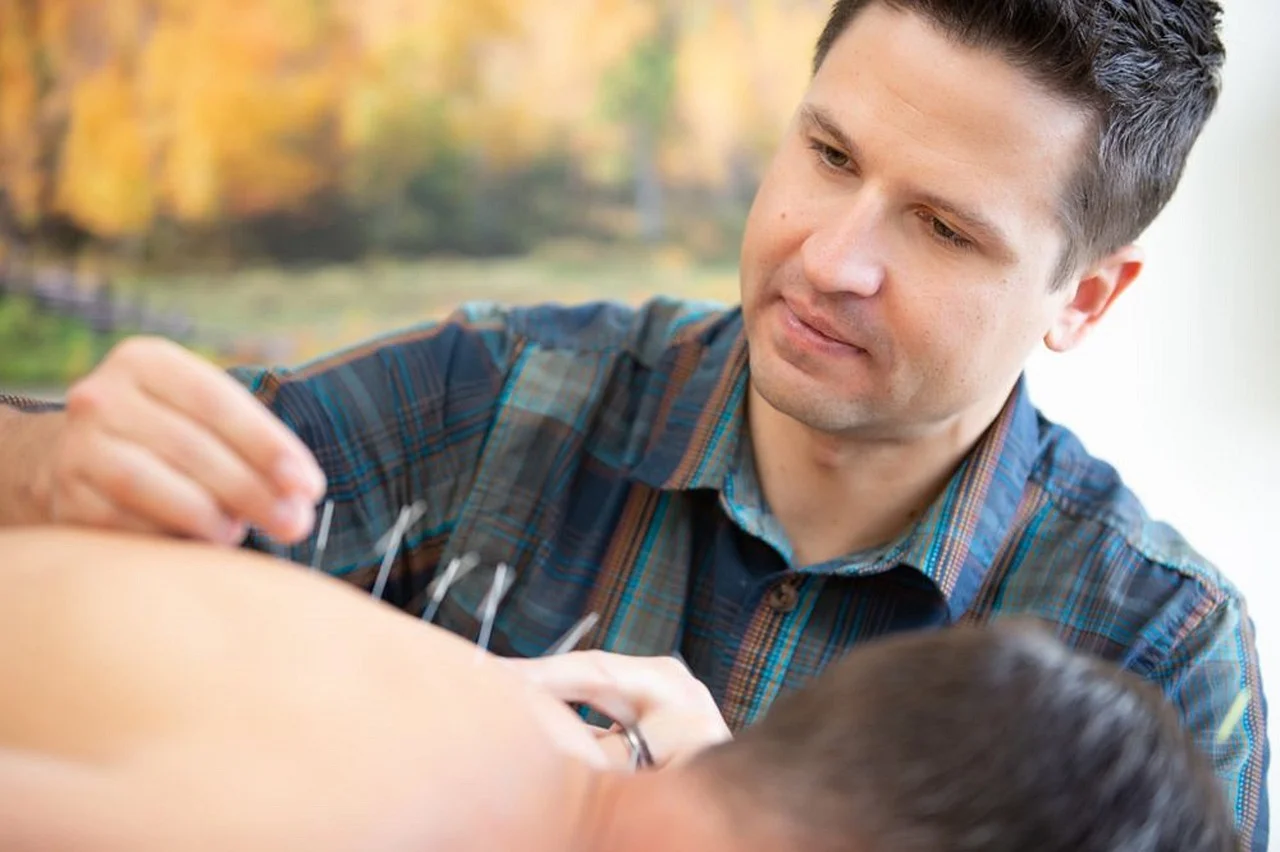Acupuncture, a traditional Chinese medicine practice, has been used for centuries to treat various health conditions and promote overall well-being. While its primary focus is on improving the body’s energy flow, or Qi, acupuncture has shown promising benefits for the skin as well. This note explores the benefits of acupuncture for the skin and how it can contribute to healthier, more radiant skin.
1. Enhances Circulation: One of the key benefits of acupuncture for the skin is its ability to enhance circulation. Acupuncture stimulates blood flow to the targeted areas, which helps nourish the skin cells with oxygen and nutrients. Improved circulation can result in a healthier complexion, reduced dullness, and enhanced skin tone.
2. Promotes Collagen Production: Collagen is a crucial protein responsible for maintaining the skin’s elasticity and firmness. As we age, collagen production naturally decreases, leading to the appearance of wrinkles and sagging skin. Acupuncture can help stimulate collagen production by activating specific acupuncture points. This can improve skin texture, reduce the signs of aging, and promote a more youthful appearance.
3. Reduces Fine Lines and Wrinkles: Acupuncture’s ability to stimulate collagen production and enhance circulation can effectively reduce the appearance of fine lines and wrinkles. By targeting specific acupuncture points, fine lines can be smoothed out, and the skin can regain its natural plumpness. This natural approach to wrinkle reduction offers an alternative to invasive procedures or chemical-based treatments.
4. Balances Hormones: Hormonal imbalances can lead to various skin issues, including acne, rosacea, and excessive oiliness. Acupuncture helps regulate hormonal levels by targeting specific points associated with hormonal balance. By restoring hormonal equilibrium, acupuncture can improve the skin’s condition, reduce breakouts, and promote a healthier complexion.
5. Reduces Inflammation: Inflammation is a common factor in many skin conditions, such as acne, eczema, and psoriasis. Acupuncture has been found to have anti-inflammatory properties, which can help calm inflamed skin and alleviate related symptoms. By reducing inflammation, acupuncture can promote healing and provide relief for individuals with inflammatory skin conditions.
6. Enhances Skin Detoxification: Our skin is exposed to various environmental pollutants and toxins daily, which can accumulate and affect its health. Acupuncture helps support the body’s natural detoxification processes by improving circulation and stimulating lymphatic drainage. This can aid in the removal of toxins from the skin, resulting in a clearer and healthier complexion.
7. Relieves Stress and Anxiety: Stress and anxiety have a significant impact on skin health, often leading to breakouts, increased sensitivity, and accelerated aging. Acupuncture is known for its relaxation-inducing effects, as it promotes the release of endorphins and activates the parasympathetic nervous system. By reducing stress levels, acupuncture can help improve skin conditions that are aggravated by psychological factors.
Conclusion: Acupuncture offers numerous benefits for the skin, ranging from enhanced circulation and collagen production to reduced inflammation and improved detoxification. This ancient practice provides a natural and holistic approach to skin health, addressing both the underlying causes and the visible symptoms of various skin conditions. As always, it is recommended to consult with a qualified acupuncture practitioner to determine the most suitable treatment plan for individual needs.
Acupuncture for diagnosis and treatment of arthritis is now becoming more prevalent but having your skin savagely poked with a series of long needles doesn’t exactly sound like ideal comfort, especially when you are already living with arthritis, a rheumatoid disease characterized by it’s trademark stiffness and pain. The ancient Chinese would beg to differ, along with the estimated fifteen million Americans who have tried the ancient Chinese needle therapy known as acupuncture. Around the Asian continent, acupuncture has been used for generations to alleviate the symptoms of chronic pain sufferers, like arthritis patients, for instance. Prospective “acupokees” should be aware that acupuncture therapy is used for treating arthritis, not diagnosing it. Although patients should garner a arthritis diagnosis before signing up for acupuncture therapy.
Studies in Arthritis and Acupuncture
More than twenty million Americans live with osteoarthritis (there are various forms of the condition, however). In fact, osteoarthritis is amongst the most frequent causes for physical disability in adults. Despite a history spanning more than two thousand years, it was 2001 before acupuncture was found to aid arthritis in the knee via a study by the University of Maryland School of Medicine. The study included 570 osteoarthritis patients over the age of fifty who had never before received acupuncture, surgery, or steroid injections. A control group was selected and these individuals received regular sessions of acupuncture. By the end of the first week, the acupuncture group experienced a surge in mobility and by the end of the study the group reported a forty percent decrease in pain and a forty percent increase in knee function.
Using Acupuncture For Treating Arthritis
Bigwigs of Western medicine aren’t exactly sure just how acupuncture works to fight arthritis and similar diseases, but the skilled acupuncture who administer the therapy have an idea or two. According to therapeutic philosophy, pain is the result of a blockage of one of life’s essential energies, qui. Stimulating certain points will put the flow of qui back in balance again, thus alleviating chronic pain in the process – Volia! A 1999 study even found evidence that acupuncture improves sleep.
During acupuncture therapy, very thin needles are inserted into precise point in the skin, these points are known as acupoints. It is these acupoints that may have the biggest influence on the connection between treating arthritis with the use of the acupuncture therapy. In addition to being poked and prodded, acupoints also react to magnets, currents of electricity, acupressure (hand pressure), lasers and even bee stings. Acupuncture practitioners have also been known to administer herbs along with wielding out some advice on making lifestyle changes at the conclusion of a session.
Studies demonstrate that some of designated acupoints are actually connected to sensitive bio-trigger points rich in nerve endings. And further studies show that tinkering around with those triggers can cause a mirage of biological responses, one of the many responses being the chemical release of endorphins. The release of endorphins is pivotal to acupuncture’s influence on arthritis because the chemical serves as the body’s own answer to Advil, Tylenol and Motrin, as a natural painkiller.
Acupuncture Checks and Balances
Acupuncture costs vary across the United States. But as a rule of thumb, first visits usually fall between $75 and $150, with cheaper follow-up treatments costing between $35 and $75. Health insurance accommodations of acupuncture vary, but advocates of using the therapy for the treatment of diagnosed arthritis cite the long-term benefits of it’s hefty price tag, which include fewer doctor visits over time and saving a few bucks on prescriptions.
Benefits Of Acupuncture
For many that fear needles, the idea of having a needle inserted into their skin for any length of time would seem like torture. But there is good reason for the popularity and staying power of this alternative medicine practice: it has worked for 5000 years, and continues to improve the wellbeing of those who undergo the treatments, and who widely acclaim the benefits of acupuncture.
Let’s look at the meaning of acupuncture as found in Wikipedia: Acupuncture (from Lat. acus, “needle”, and pungere, “prick”) is a technique of inserting and manipulating filiform needles into strategic points on the body with the aim of relieving pain and for therapeutic purposes. Acupuncture is thought to have originated in China and is closely associated with Traditional Chinese Medicine, which is practised and taught throughout the world.
The strategic points are specially chosen for their effect on specific parts of a person’s physiology. Sometimes acupuncture needles also work with electricity to induce the physiological benefits of the particular points. Often another alternative therapy called Moxibustion is used in conjunction with acupuncture; and this involves the burning of herbs to elicit physiological benefits. Acupressure is also based on the same principles as acupuncture and is sometimes used in conjuncture with acupuncture.
Researchers using the protocols of evidence-based medicine have found good evidence that another benefit of acupuncture is that it is effective in preventing nausea. While little is known about the mechanisms by which acupuncture may act, a review of neuroimaging research suggests that specific acupuncture points have distinct effects on cerebral activity in specific areas that are not otherwise predictable anatomically.
The benefit of acupuncture is similar to many other alternative medicines in that the person receiving the treatment has to have a positive mindset that the treatment will be beneficial to their overall well being.
Acupuncture for Acne: Clearing Skin in One Step
The part in all of us that is vain may always search for perfect skin. One would always be interested in the current skin care treatment and the breakthroughs for cosmetic medicine. One merely seeks to satisfy a curiosity when one is updated in these matters. It does not mean that anyone would necessarily raid the clinic or market or the drugstore to try out every available beauty product. Right!
The benefits of acupuncture have widened its reach that it can now be used as an acne cure. It is amazing that acupuncture has been found as an application in the skin care industry. Acupuncture for acne is now being suggested by some family doctors and dermatologists as an additional part of the skin care regimen for their clients.
Cosmetic acupuncture is designed to rejuvenate the youthful and healthy glow of skin. Acupuncturist claim that cosmetic acupuncture can clear acne spots, rosacea, or age spots. Aside from acne, treatments can also strengthen facial muscles for instant face lift. It can increase collagen production, improve skin elasticity, remove wrinkles, and improve complexion.
For some, there is a point when they turn to acupuncture for acne treatment. The benefit of having a clear skin without necessarily applying so many chemicals on the skin is preferable. Thus, the chances of the skin being harmed by chemicals are drastically reduced. With the intervention of acupuncture, you use your own body and its inherent chemicals to heal acne.
Thus, if you are tired and confused which chemical or which remedy to apply first on your skin and what comes next after that, then perhaps you can try a natural remedy that would take a few or more Acupuncturist appointments.
Acupuncture is all about finding balance within your body without ingesting or relying on too many synthetic chemicals. It is also based on the belief that your body has some of the answers to heal whatever pain or other symptoms that your body is exhibiting. It is hard to find a treatment that is as concerned with beauty as it is with health. So, if you are lucky enough to find one or two, then you should go for it. It would be much easier for the pocketbook in the long run. However, lucky for you, acupuncture for acne can be one such treatment. It can address skin problems and other health issues you have such as pain, vertigo, hypertension, and others.
It is important that acupuncture for acne must be performed by licensed Acupuncturist. Make sure that you are going to someone who is sincere in his or her service and as passionate to protect your health as you are. Entrusting the widest part of your body – your skin – to one who is not authorized to work on it is a big risk to take. You should not even consider it. The point in seeking an Acupuncturist is to lessen your problems, not add to it.

